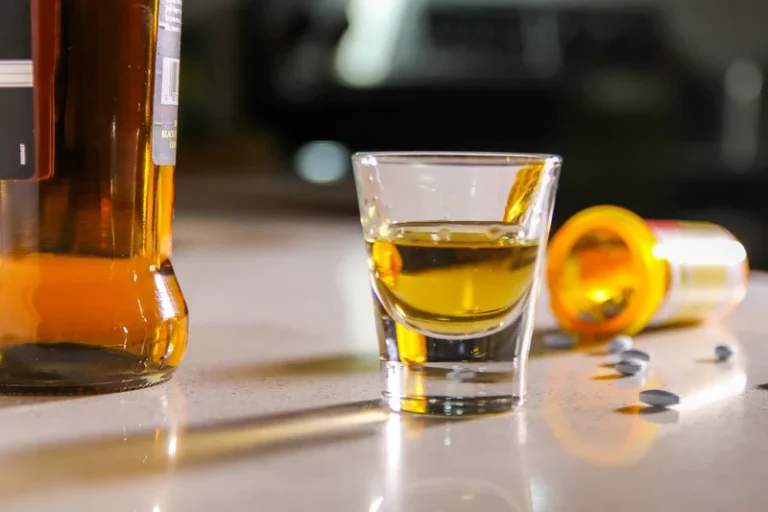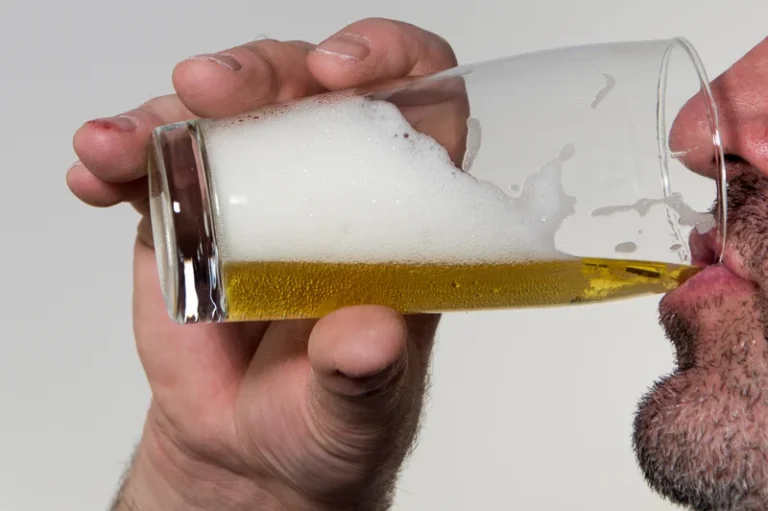
Some people may think the only way to deal with it is with willpower, as if it’s a problem they have to work through all on their own. Long-term use and abuse of alcohol can lead to even more challenges, including alcoholism, as the person is unable to control alcohol use despite negative consequences. Remember that relapse is part of recovery for many individuals, and your loved one may be one of them. Instead, relapse indicates that additional and/or a different form of treatment is necessary. Rehab, on the other hand, is usually a month-long treatment program in a facility that completely removes you from situations and circumstances that perpetuate substance abuse. In addition to getting professional treatment and support, there are things that you can do to help feel better and improve your chances of recovery.

Lifestyle Changes
- Talking to your loved one, who engages in unhealthy or hazardous drinking can be extremely effective and constructive if done tactfully, with compassion, and with the proper tools.
- AAC accepts many private insurance policies, as well as some Medicaid policies.
- Regardless of the type of support system, it’s helpful to get involved in at least one when getting sober.
- An inpatient program can last anywhere from 30 days to a year.
- One size does not fit all and a treatment approach that may work for one person may not work for another.
- If you think you may have alcohol use disorder, you’re not alone.
Enrolling in medical detox for AUD can prevent serious symptoms and the risk of death when quitting alcohol use. A number of health conditions can often go hand in hand with AUD. Common mental health conditions that co-occur with AUD are depressive disorders, anxiety disorders, trauma- and stress-related disorders, other substance use disorders, and sleep disorders. Studies show that people who have AUD are more likely to suffer from major depression or anxiety over their lifetime. When addressing drinking problems, it’s important to also seek treatment for any accompanying medical and mental health issues.
Alcohol Use Disorder
- The more symptoms you have, the more urgent the need for change.
- Group therapy or a support group can help during rehab and help you stay on track as life gets back to normal.
- Self-help groups usually consist of a small group of recovering alcoholics and a professional therapist.
It is rare that someone would go to treatment once and then never drink again. More often, people try to quit or cut back over time, experience recurrences, learn from them, and then continue on their recovery journey. For many, continued follow-up with a treatment provider is critical for overcoming alcohol problems.
How do I take care of myself?
Just like any other medical condition, people with substance use disorders deserve to have a range of treatment options available to them. Scientists are working to develop a larger menu of pharmaceutical treatments that could be tailored to individual needs. AUD is characterized by an impaired ability to stop or control alcohol use despite adverse social, occupational, or health consequences. Health care providers diagnose AUD when a person has two or more of the symptoms listed below. AUD can be mild (the presence of two to three symptoms), moderate (the presence of four to five symptoms), or severe (the presence of six or more symptoms).

- Some of these are inpatient or residential programs, where you stay at a treatment center for a while.
- Ask different programs if they offer sliding-scale fees—some programs may offer lower prices or payment plans for individuals without health insurance.
- Examples include Alcoholics Anonymous, SMART Recovery, and other programs.
- Heavy drinking in this population is five or more drinks in one day or 15 or more drinks in a week.
- Regular heavy drinking can seriously affect a person’s ability to coordinate their muscles and speak properly.
It can cause changes to the brain and neurochemistry, so a person with an alcohol addiction may not be able to control their actions. Treatment for alcohol addiction is individualized, so each person’s care plan will depend on their unique needs. Understanding the available treatment options—from behavioral therapies and medications to mutual-support groups—is the first step. The important thing is to remain engaged in whatever method you choose. Caring for a person who has problems with alcohol can be very stressful.
Alcohol Addiction Treatment Types
The doctor may also decide to run a variety of blood and neurological tests. These will determine if the alcoholism has caused any long-term effects. Once all the information is considered, the doctor can decide on the best course of treatment for the individual’s needs. Many treatment plans begin with a detoxification program to help treat your withdrawal symptoms after you stop drinking alcohol.
People often need to address past trauma or familial issues during this time. According to the National Institute on Alcohol Abuse and Alcoholism (NIAAA), recovery is a process that involves remission from AUD and quitting heavy drinking for good. Explore Mayo Clinic studies testing new treatments, interventions and tests as a means to prevent, detect, treat or manage this condition. Drugs used for other conditions — like smoking, pain, or epilepsy — also may help with alcohol use disorder. Talk to your doctor to see of one of those might be right for you.
What Are the Types of Treatment for Alcohol Use Disorder?
Alcohol misuse can cause severe and permanent changes in the brain, which make it difficult to stop drinking on your own. For serious alcohol use disorder, you may need a stay at a residential can alcoholism be cured treatment facility. Most residential treatment programs include individual and group therapy, support groups, educational lectures, family involvement, and activity therapy.

What is an Alcohol Treatment Center?
A trained therapist can use hypnotic suggestion to help you stop drinking. If you’re receiving counseling, ask your provider about handling high-stress situations when you may feel like you need some additional mental health support. Alcohol use disorder (sometimes called alcoholism) is a common medical condition. People with this condition can’t stop drinking, even if their alcohol use upends their lives and the lives of those around them. While people with this condition may start drinking again, studies show that with treatment, most people are able to reduce how much they drink or stop drinking entirely.

